When we’re recruiting new employees, skills are everything. We shuffle our eyes across the lines of our applicants’ resumes, perform a quick assessment, and ask the all important question: do they have the right skills? But for something that’s so essential at the beginning of an employer-employee relationship, it’s funny that discussions about employee skills tend to come up a lot less frequently after the on-boarding process is complete, sometimes not at all.
The reason for this lack of discussion has a lot to do with shifting attention away from skills themselves and towards putting those skills to work in a new environment (i.e. training and developing experience). Yet this attitude would seem to assume that the skills needed to do a job effectively are relatively static.
In the past, this approach might have sufficed. But going forward, we would all do well to consider whether or not the skills an employee starts her job with will be enough to see her through to retirement (assuming she stays at your organization, but we’ll get to that later).
Why We Need Ongoing Professional Development in Modern Organizations
Do you remember when the ability to type was thought of as a special skill? These days, keyboarding is really more of a core competency like literacy or basic math. It’s almost laughable to think it was ever worth a line on a resume — but it was. This change occurred because technology has become a much bigger part of our lives.
This continues to be true, and the rate at which our lives are merging with technology seems to be picking up, meaning we all may need to learn new skills regularly just to keep up with industry evolution.
As a result, we can no longer expect our employees’ special skills to stay special for very long.
With this understanding in mind, it’s easy to see how an organization could become less competitive simply because their employees haven’t acquired the latest skills or special knowledge about subject areas that suddenly become important.
Investing in employees’ professional development seems like a no brainer. Still, the idea is sometimes seen as mildly controversial.
The argument against professional development is usually related to concerns over the financial and opportunity costs associated with it or a belief that it’s a risky investment because the employee might leave.
But as Deanna has asserted in a past post: “what if they stay?”
Professional Development Is a Healthy Part of the Skills Acquisition Process
Professional development is definitely a good thing. However, to fully understand its value, it should be looked at in relation to the three other avenues of skills acquisition/enhancement: education, training, and experience.
Education preps people for their lives with other people and is the fertile soil from which all skills grow. This process starts with social interaction and literacy skills and progresses into complex scientific, artistic, or humanistic considerations by the end of university.
Training is about learning the specifics of how to do a job according the employer’s processes for meeting business requirements. It draws on the skills acquired during education and puts them into real-world scenarios (and of course, the more complex the job, the more education required).
Experience is the process of moving beyond training, of gaining skills that come from resolving particular challenges that arise in the workplace, including some adaptation to evolving industry trends.
Development is the acquisition of skills that enhance education and training in order to widen the scope of experience, increasing the kinds of work the employee can confidently perform. Development can take many forms but is frequently tied to strengthening certain skill areas (i.e. specialization). This is often motivated by preference or interest.
Trying to Fight an Employee’s Drive for Professional Development Is Pointless
As we can see, professional development is the manifestation of an employee’s drive to become a leader in the field.
When it comes to making decisions about whether or not to support that employee’s professional development, you have to ask yourself, “Could I actually stop that drive? Would I even want to? Wasn’t that why I hired her?”
Yes, helping your staff acquire new desirable skills and certifications may eventually lead them to accept new offers elsewhere, but stifling their dreams and ambitions is likely to do the same.
Top performers are at the top for a reason: they want to thrive and succeed; they need it. If your organization doesn’t let them do that, they’re bound to leave for brighter prospects.
It’s hard to lose your best staff members, but if the departure comes after a mutual process of growth and support (both personally and for the business) then there is no reason why the relationship can’t live on: networking is everything these days, after all. Moreover, you never know when that relationship will come in handy, and it may lead to some very good things for everyone involved.
About our guest author: Logan M. Rohde, PhD
Logan finished his doctorate at University of Western Ontario in English in 2018 and has since moved into freelance writing for business leaders.
